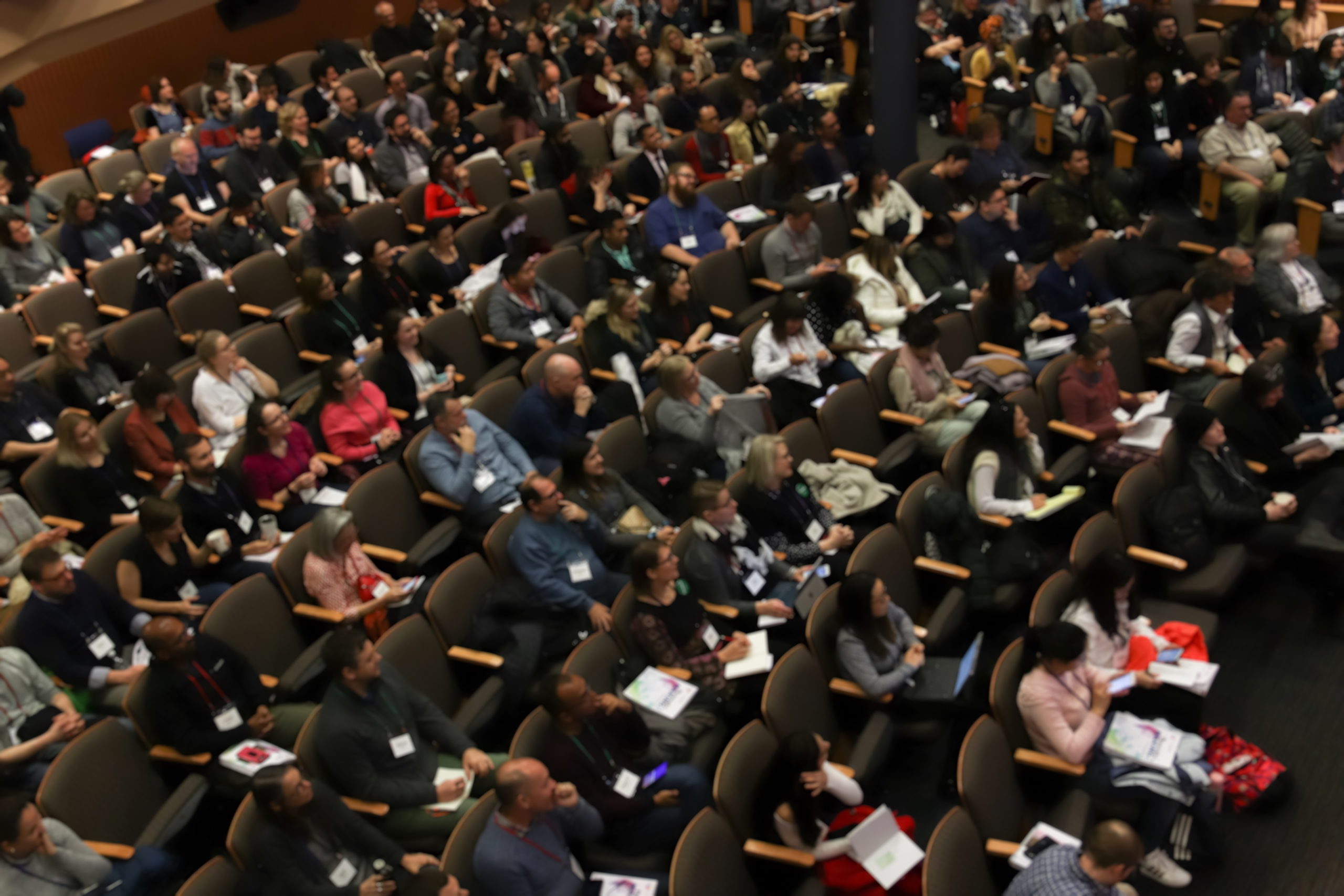
02 Aug Aline’s Equity Story
In sharing her equity story, Aline described feeling mutual trust and support with her organization’s leaders and fellow program managers:
I feel like I have space to give my opinion and talk. Especially in the core staff meetings, I feel like everybody values my contributions.
But while she feels confident in these face-to-face and online meetings, Aline remembers having a particularly difficult time with email communication early on in her work with the lab–despite reassurances that her English writing was up to standard. She recalls agonizing over getting the right tone (and in turn, worrying about spending too much time): “I didn’t know if my emails were proper to the situation.” She also noted that this was somewhat of a new sensation–that writing papers as a master’s student didn’t feel as stressful. “But there is no ‘writing center’ for emails,” she exclaimed, thinking about the academic support she had access to as an international student. She remembers addressing this by working with her manager and colleagues to set up a process–patterned after those academic resources–for proofreading and annotating emails and documents. Having this structure helped her work through the roadblocks of “thinking too much and being self conscious about my limitations in writing in English.”
Yet Aline’s workplace interactions were not always as supportive–she also described several jarring interactions with faculty and staff who were external to her lab but part of the same overarching academic institution. In one case, while she was participating in a student project showcase, an academic department head remarked that a student’s thesis project–an educational toy designed to help develop habits in early childhood–would be “useful to get my wife to do the dishes.” Aline was shocked by the comment and disheartened that some other faculty and students seemed to find amusement in it.
She remembers another instance being the target of catcalls by facilities staff who were installing equipment in the makerspace. She reflexively deflected with humor but recalls afterward feeling uncomfortable working there when they showed up in the following days to finish lab setup and maintenance. Looking back, she wonders if she would have thought twice about the catcalls if it had happened at home in South America and what this means about her expectations of the workplace and social interactions across different environments.
Finally, Aline recalled a particularly frustrating experience dealing with power dynamics and hierarchy when coordinating an academic conference. After she had spent days requesting approvals from administration and security to no avail, a visit from a professor was able to secure the proper clearance in a matter of minutes. Years later and this is still a cause for exasperation: “I go and talk and nothing happens, then a professor goes and talks and something happens!” To close, Aline noted that she appreciated the opportunity to recollect these “annoying and stressful” moments that are a part of her workplace equity story.

